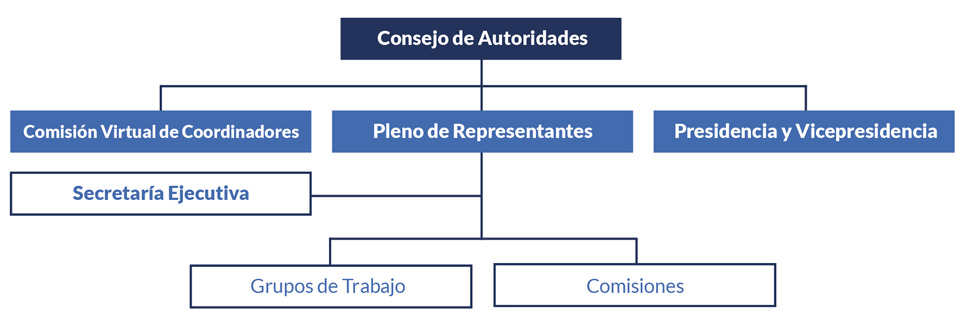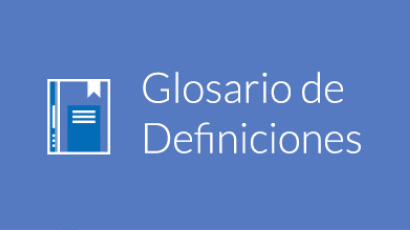
WHAT IS GAFILAT?
Working together regionally
The Financial Action Task Force of Latin America (GAFILAT) is a regionally based intergovernmental organisation that brings together 18 countries from South, Central, and North America. GAFILAT was created to prevent and combat money laundering, the financing of terrorism, and the financing of the proliferation of weapons of mass destruction, through a commitment to the continuous improvement of national policies against these scourges and the strengthening of the various mechanisms of cooperation between member countries.
GAFILAT is one of the regional groups of the GAFI/FATF (Financial Action Task Force) and is made up of Argentina, Bolivia, Brazil, Chile, Colombia, Costa Rica, Cuba, Ecuador, El Salvador, Guatemala, Honduras, Mexico, Nicaragua, Panama, Paraguay, Peru, Dominican Republic, and Uruguay. GAFILAT has obtained the status of associate member of the FATF and therefore participates in the elaboration, review, and modification, while adhering to the 40 Recommendations issued by the FATF. These good practices are the world’s most recognised international standard for preventing and combating ML/TF.
GAFILAT supports its members in the implementation of the 40 Recommendations and in the creation of a regional system to prevent money laundering and terrorist financing. The main tools to assist countries are training and technical assistance measures (through the development of guides, reports, and supporting documents), and mutual evaluations.

VISION
To be a regional technical body with visibility and influence in the global AML/CFT network, which proactively enables its members to achieve high levels of effectiveness of systems to jointly combat money laundering, terrorist financing, and the proliferation of weapons of mass destruction.
VALUES
Integrity and Transparency. Leadership. Committment. Cooperation. Responsibility and Inclusion. Capacity. Efficiency and Effectiveness. Technical Professionalism.

MISISON
To promote the implementation and strengthening of effective systems for the prevention, detection, and repression of money laundering, terrorist financing, and the proliferation of weapons of mass destruction, in order to contribute to regional growth, transparency, and protection of the socio-economic integrity of GAFILAT member countries, under a process of continuous improvement.
HOW IS IT CARRIED OUT?
Mutual evaluations, training, and technical assistance
Mutual evaluations (MEs) consist of a review of the systems and mechanisms that have been created in each member country to prevent and combat money laundering and terrorist financing. These systems are known as the Anti-Money Laundering and the Counter Terrorist Financing System (AML/CFT).
The evaluation process involves the study and analysis of compliance with the GAFI/FATF 40 Recommendations and the effectiveness of their outcomes. In turn, the assessment enables the country under review to join the GAFI/FATF global network and to receive an endorsement rating. This rating allows the country to demonstrate that its system is effective in the prevention and repression of the aforementioned crimes.
In addition, GAFILAT facilitates the training of public officials from its member countries. These training activities address the most relevant issues in preventing and combating organised crime. The observer countries and organisations play a fundamental role in supporting the development of training and technical assistance activities, which, together with the capacities and experience of the member countries and the members of the Executive Secretariat, is a fundamental tool for GAFILAT and its countries.
Given the importance of the ME process for its members, GAFILAT assumes with great responsibility and commitment the success of the processes. In this sense, having a qualified and skilled assessment team is a fundamental condition. Each year, the organisation holds a Training Seminar for Evaluators for public officials from member countries so that they can become members of a GAFILAT mutual evaluation team. In addition to the content of the 40 Recommendations and their Interpretive Notes, the Technical Compliance and Effectiveness Assessment Methodology, interview techniques, and the modalities for writing an assessment report are taught. Participation and successful completion of the course is a prerequisite for participation in a mutual evaluation.
Training and preparation of country authorities is a necessary prerequisite for the success of the ME. In this sense, countries initiating the mutual evaluation process receive specialised preparatory training, in which their officials are instructed in the Evaluation Methodology from an evaluated country approach.
GAFILAT ORGANISATION CHART







